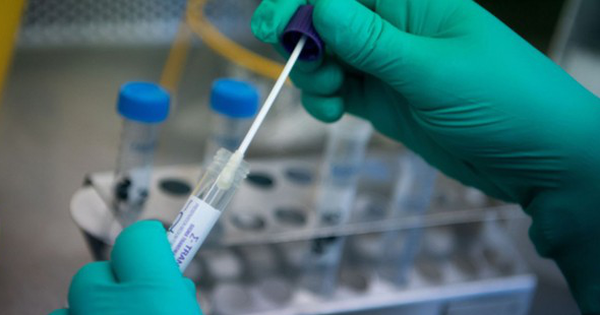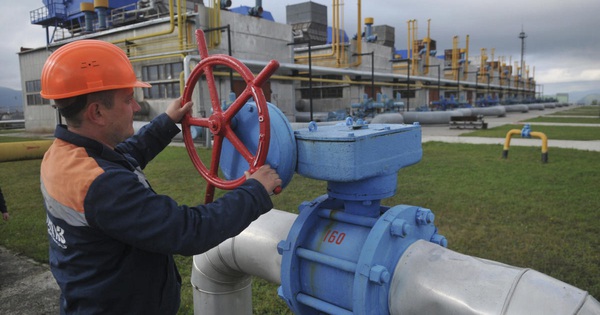While taking to the streets in Egypt in 2011, protesters chanted slogans about freedom, about social justice – and about bread. The price of that essential food has been increased due to the escalation of commodity prices, making people angry.
Now, more than a decade after the Arab Spring, global food prices have once again skyrocketed and reached record levels in the first days of the year, when epidemics, unfavorable weather and the gas crisis hit the world. The aftermath disrupted agriculture and threatened the food security of millions of people. Next, the Russia-Ukraine tension aggravated the situation.
Panorama
In each country, the situation is different, but the overall picture is relatively clear.
The current situation is worse than before. FFDI – The Food Price Index of the FAO (Food and Agriculture Organization of the United Nations) hit a new record, up 13% compared to February 2022.
The conflict in Ukraine – the world’s largest exporter of wheat, corn and vegetable oils, as well as sanctions against Russia – a major producer of wheat and fertilizers – are expected to push up prices. food will continue to soar over the next few months.
Meanwhile, energy prices skyrocketed. The world oil price was nearly 60% higher than a year ago. Coal and gas prices are also not out of trend.
Many countries are struggling to protect their citizens, but economies that depended heavily on loans to weather the 2008 financial crisis and pandemic are the most vulnerable.
While growth is slow, negatively affecting local currencies and making it difficult for these countries to pay their debts, maintaining food and fuel subsidies will be difficult, especially when prices are low. both continued to escalate.
Rich countries are not out of the crisis
In Sri Lanka, the South Asian island nation of 22 million people, an economic and political crisis is already boiling over. Protesters took to the streets to protest high prices, shortages of essential goods and even a curfew. Several ministers resigned simultaneously.
Meanwhile, in the Middle East and Africa, experts are seeing signs of danger in countries that rely heavily on food imports from the Black Sea region and often maintain generous subsidies for food. people.
In 2021, nearly three-quarters of Lebanon’s population will live in poverty because of political and economic collapse. Lebanon imports 70-80% of its wheat from Ukraine and Russia.
Egypt, the world’s largest wheat buyer, is seeing enormous pressure on its bread subsidy program. Egypt has now had to impose a fixed price on unsubsidized bread after prices soared, and is looking to import wheat from countries such as India and Argentina.
With an estimated 70% of the world’s poor living in Africa, the continent will be greatly affected by rising food and energy prices, said Harvard University senior scholar Rabah Arezki. .
According to the International Committee of the Red Cross, drought and conflict in countries such as Ethiopia, Somalia, South Sudan and Burkina Faso have caused a food security crisis for more than 25% of the continent’s population. And the situation risks getting worse over the next few months.
Even countries with developed economies do not have the tools to deal with the impacts comprehensively.
Thousands of protesters have gathered in many cities across Greece to demand higher wages amid inflation. Meanwhile, the administration of French President Emmanuel Macron is considering the possibility of distributing food stamps (vouchers) so that low- and middle-income families can buy food.
“We will face a food crisis on a global scale,” Macron said in an interview with France Bleu radio. “I want to introduce a food stamp system to support poor families. and the middle class is having to deal with those extra costs.”
The wave of instability
These factors can create a wave of political instability.
“The situation is extremely worrying,” said Harvard University senior scholar Rabah Arezki.
Unrest in Sri Lanka, Pakistan and Peru over the weekend highlighted the dangers. In Sri Lanka, protests broke out over shortages of gasoline and basic goods. Double-digit inflation in Pakistan makes people lose confidence. Protests in Peru due to high fuel prices have recorded casualties.
However, according to CNN, political conflicts probably will not stop in these countries.
“I don’t think people are feeling the full impact of the price escalation,” said Hamish Kinnear, a Middle East and North Africa expert at Verisk Maplecroft global risk consultancy.
at Blogtuan.info – Source: Soha.vn – Read the original article here



